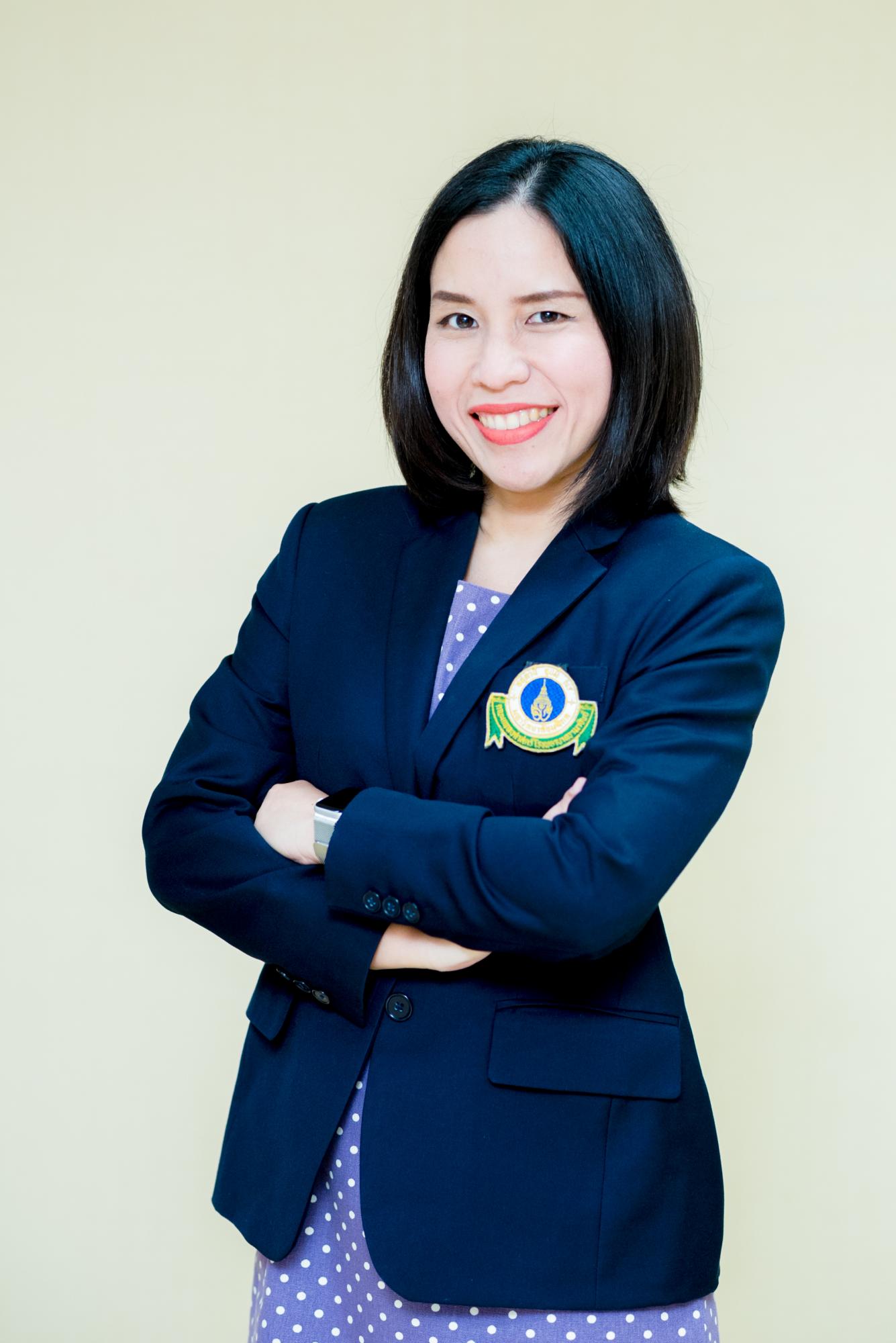Chimeric antigen receptor
Our research group is interested in investigating cellular immunotherapy for the treatment of various types of cancer. We aim to employ the principles of genetic therapy to engineer chimeric antigen receptors (CARs), designed with the purpose of identifying and eradicating cancer cells within the body. The research initiatives include:
1. Clinical Studies for B-cell acute lymphoblastic leukemia Treatment using CAR-modified T lymphocytes (CAR-T cells) specific to CD19
2. Animal Studies for Neuroblastoma Treatment using CAR-T cells specific to GD2
3. In Vitro Studies for Hodgkin Lymphoma and Multiple Myeloma Treatment
Principal Investigator: Assoc.Prof.Usanarat Anurathapan
Email: usanarat.anu@mahidol.ac.th

Novel Therapy for the Treatment of Beta-Thalassemia
The research group's primary objective is to create an innovative treatment strategy for Thai individuals suffering from beta-thalassemia, with the aim of substantially diminishing or even eradicating the disease's impact. Their goal is to transition patients from being transfusion-dependent to non-transfusion-dependent. Currently, the research group is working on two main principles to develop this innovative treatment:
1) Gene-based therapy involves gene therapy techniques, including gene addition, where newly synthesized beta-globin genes are introduced into the patient's hematopoietic stem cells, and genome editing to correct mutations in the abnormal beta-globin gene or to increase the levels of Hemoglobin F.
2) Drug-based therapy aims to identify biochemical agents that are currently used to treat other diseases. These agents may help reduce ineffective erythropoiesis in beta-thalassemia patients or increase Hemoglobin F levels without causing harm to cells.
Optimal Treatment for Iron Overload in Young Children with Red Blood Cell Membrane Disorders.
The research group is interested in clinical research to find strategies for using iron chelation therapy and monitoring the treatment and complications arising from excessive iron accumulation that is inappropriate for pediatric patients with abnormal red blood cell fragility from the cell membrane. These patients often require regular blood transfusions due to their condition. This is especially relevant as these patients are typically prescribed iron chelation therapy at a young age, which might lead to potential side effects. Additionally, they may not meet the criteria for receiving iron chelation therapy as part of their standard health insurance coverage.
Principal Investigator: AssistanceProfessor Duantida Songdej
Email: duantida.songdej@gmail.com

Hypertension in children and adolescents
The research group is interested in conducting a study to investigate the prevalence of high blood pressure in children and adolescents at risk of developing high blood pressure, such as those with obesity, diabetes, a history of preterm birth or low birth weight, and those who have received organ transplants. The group also focuses on diagnosing and monitoring high blood pressure using ambulatory blood pressure monitoring (ABPM). They pioneered ABPM services for children and adolescents, establishing Thailand's first initiative since 2016.
Furthermore, the research group is also interested in surveying the blood pressure and body mass index of children and adolescents in schools in Bangkok. They aim to find strategies to control the consumption of high-calorie and high-salt foods.
Principal Investigator: Associate Professor Kwanchai Pirojsakul
Email: Kwanchai.pio@mahidol.ac.th
